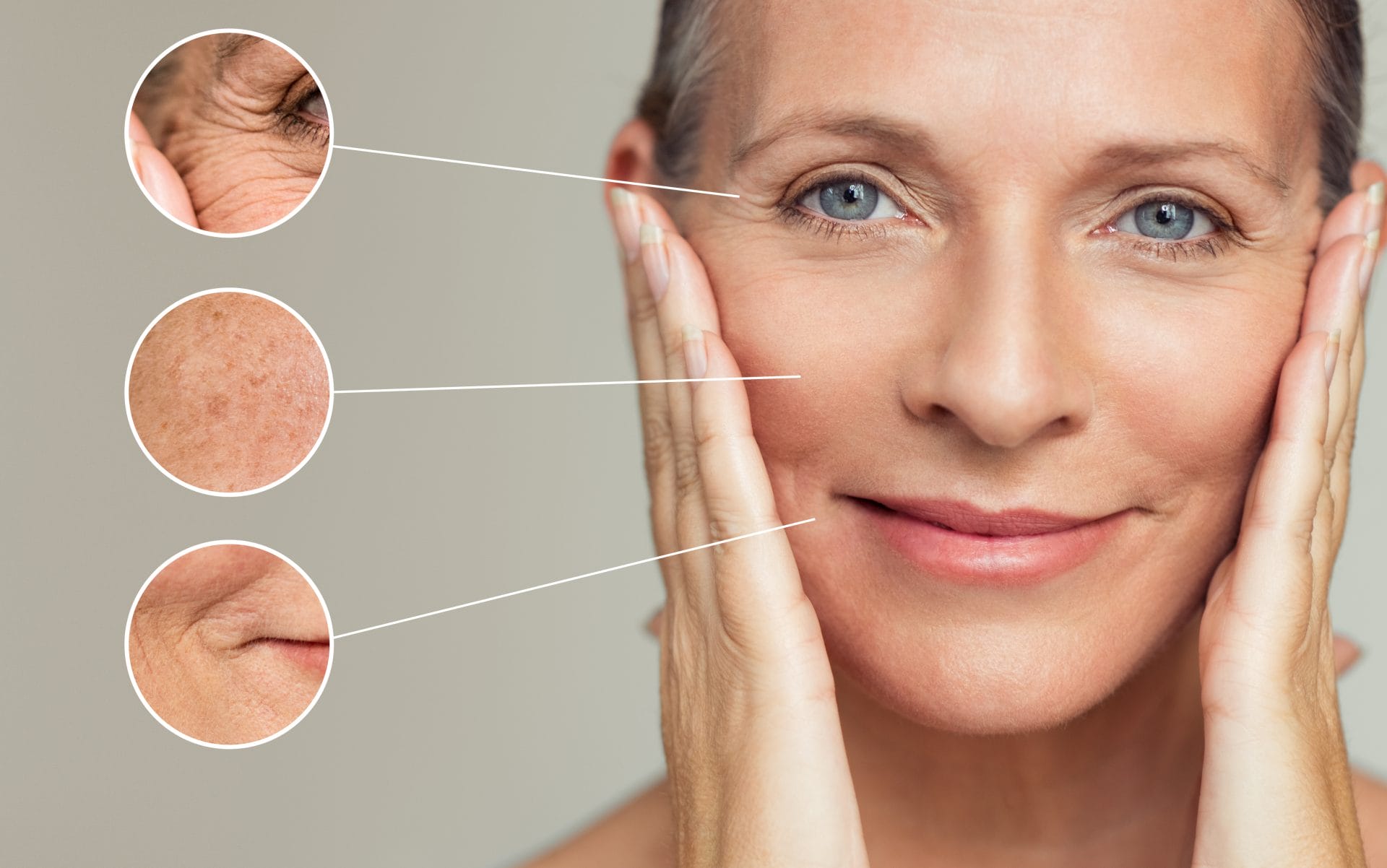Bright and glowing skin—this is a dream for many, if not for everyone. Unfortunately, uneven skin tone will likely affect you at some point in life, regardless of how well you take care of your skin. Unevenness, typically caused by hyperpigmentation, can be brought on by various factors, such as sun exposure, medications, skin type, hormones, and age.
You’ve come to the right place if you struggle with uneven, dull, or dark skin. Of course, keeping your skin clean and hydrated is already a regimen, but it would be good to take a step further to even out and improve your skin tone. It may not be easy, but starting early is critical to preventing your ‘skin emergency’ from worsening.
How to improve your skin tone
Thankfully, a smoother and brighter skin complexion won’t have to stay a dream forever. You can opt for solutions, treatments, and skincare products that can significantly help in improving your skin tone.
Specifically, procedures like radiofrequency and the Morpheus8 RF Microneedling can encourage new elastin and collagen that help improve skin tone, firmness, and texture.
Additionally, knowing how to care for your uneven skin tone properly is essential. Want to jumpstart your journey with improved skin tone? Here are some tips you can use:
- Protect your skin from sun damage
Did you know sun exposure accounts for about 90% of skin aging? Research shows that those who regularly wear sunscreen with an SPF of 15 or higher can reduce their risk of developing wrinkles by 24% compared to those who don’t. That said, you can always emphasize the importance of sun protection for your skin.
Using sunscreen can help prevent sun damage, skin discoloration, hyperpigmentation, and skin cancer. Even when it’s cool or cloudy outside, applying sunscreen is a must, especially in exposed areas. It’s also recommended to avoid direct exposure between 10 a.m. and 2 p.m. when the sun’s rays are at their strongest.
- Use a moisturizer that encourages cell turnover
Moisturizing is already a given in basic skincare, but if the goal is to improve skin tone, you should rethink how you choose what moisturizer to use. You can find products that serve their purpose and contain ingredients that benefit the skin more than intended.
It would help if you looked for a moisturizer with inactive ingredients such as retinol, hyaluronic acid, and glycerin that can help boost cell turnover, removing old skin cells and replacing them with new ones. As a result, your skin becomes firmer and develops fewer wrinkles and fine lines.
- Keep your skin hydrated from the inside out
You’ve heard it before, but it’s true—drinking water can benefit your body’s overall health, including your skin. Dehydration makes your skin more vulnerable to premature wrinkling and skin disorders, including unevenness and hyperpigmentation. Aside from drinking a lot of water, a few lifestyle changes may help improve skin tone.
Eating a healthy diet, for example, is already a big step. Avoid junk, processed, and oily food. Instead, go for lean meats, fruits, and leafy vegetables to help improve your skin’s complexion. In particular, foods such as tomatoes, mangoes, soy, green tea, olive oil, and kale are known to be skin-healthy and should be incorporated into your diet if you want to even out or improve your skin tone.
- Start peeling away
A once-weekly peel will boost your skin by removing dead skin more effectively than a simple scrub. Try a solution containing low glycolic acid and natural fruit enzymes like pineapple, papaya, and pumpkin, to gently remove dead skin cells and reveal a smoother, more even-toned complexion.
Carefully follow the directions and use the solution only once or twice a week on freshly washed skin before applying any other products. Alpha- and beta-hydroxy acids (AHAs and BHAs) are frequently found in skin exfoliation products, so keep an eye out for these.
- Get enough beauty sleep
If you’re often having problems with dark circles, it’s most likely because you’re not getting enough beauty sleep. Dark circles are noticeable and can aggravate your skin’s uneven tone if you don’t do anything about them.
The National Sleep Foundation recommends sleeping seven to nine hours to remain healthy and prevent premature skin aging. Poor sleep may also decrease your skin’s ability to recover and recuperate from environmental stressors such as exposure to the sun’s damaging UV rays.
Takeaway
Typically, healthy, hydrated skin has a natural glow. You can accomplish this by gradually implementing a skin care regimen and, as needed, making dietary or lifestyle adjustments. You can also consider seeking professional help if doing so will make the process faster and safer, especially if you have problematic skin.








